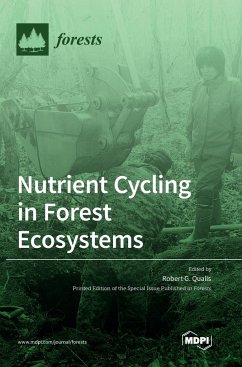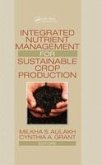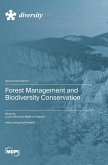The long-term productivity of forest ecosystems depends on the cycling of nutrients. The effect of carbon dioxide fertilization on forest productivity may ultimately be limited by the rate of nutrient cycling. Contemporary and future disturbances such as climatic warming, N-deposition, deforestation, short rotation sylviculture, fire (both wild and controlled), and the invasion of exotic species all place strains on the integrity of ecosystem nutrient cycling. Global differences in climate, soils, and species make it difficult to extrapolate even a single important study worldwide. Despite advances in the understanding of nutrient cycling and carbon production in forests, many questions remain. The chapters in this volume reflect many contemporary research priorities. The thirteen studies in this volume are arranged in the following subject groups: ¿ N and P resorption from foliage worldwide, along chronosequences and along elevation gradients; ¿ Litter production and decomposition; ¿ N and P stoichiometry as affected by N deposition, geographic gradients, species changes, and ecosystem restoration; ¿ Effects of N and P addition on understory biomass, litter, and soil; ¿ Effects of burning on soil nutrients; ¿ Effects of N addition on soil fauna.
Hinweis: Dieser Artikel kann nur an eine deutsche Lieferadresse ausgeliefert werden.
Hinweis: Dieser Artikel kann nur an eine deutsche Lieferadresse ausgeliefert werden.








